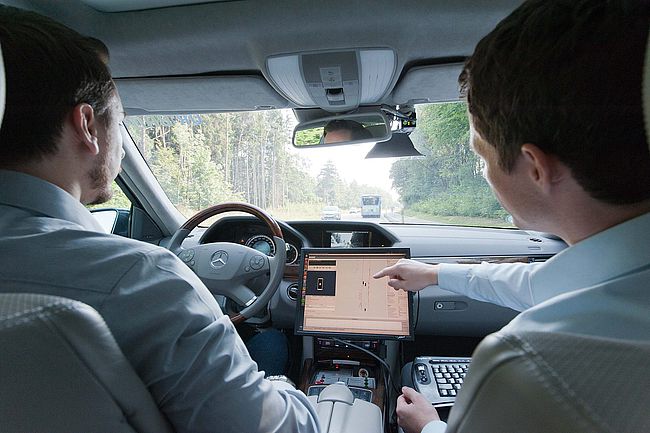
Bachelor of Science (BSc)
Biomedical Engineering
More about the course
The study objective is a broad education in the engineering sciences combined with competencies from medicine and biology. The degree, which is both professionally qualifying and research-related, enables graduates to solve biomedical engineering problems. The degree programme thus focuses on teaching basic engineering knowledge, system and methodological competences, as well as the ability to work and communicate in an interdisciplinary and cross-domain manner.
In the modules of the first semesters, the basics of mathematics and physics, electrical engineering and information technology, biomedical engineering, and human biology are covered. From the 4th semester onwards, the contents of the main research areas of biomedical engineering at Ulm University are taught. In addition, key skills such as programming and project management are trained, as well as additive transferable skills to enhance interdisciplinary competence and language skills. Acquired knowledge and skills are applied in projects and the bachelor's thesis with reference to clinical and medical research.
Bachelor of Science (BSc)
- full-time
- each winter semester
- German and English
- no restriction
180
6

